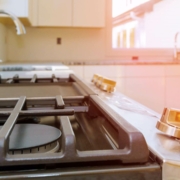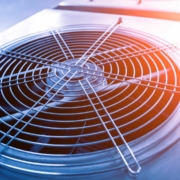AC Maintenance for New Homeowners
Conquering Cool: AC Maintenance Tips for New Homeowners
Congratulations on your new home! As you settle in, you might be wondering how to keep things nice and cool during the summer months. This is where your air conditioning (AC) unit comes in, and a little TLC (tender loving care) can go a long way in keeping it running smoothly.
Here’s a breakdown of AC maintenance tasks you can tackle as a new homeowner:
DIY AC Champions:
-
Air Filter Finesse: This is your AC’s superhero cape! A clean air filter traps dust and debris before they can gunk up the system. Replace your filter every 1-3 months, depending on how dusty your environment is. (Think high-pollen areas or homes with pets.) Check your owner’s manual for the recommended filter size and type.
-
The Great Outdoors: Your AC’s outdoor unit needs some breathing room. Clear away any leaves, branches, or debris that might be blocking airflow. Aim for two feet of clearance around the unit. While you’re there, gently hose down the condenser coils (they look like fins) to remove built-up dirt.
-
Register Revelation: Those vents in your walls and floors? They’re called registers, and keeping them open allows cool air to circulate freely throughout your home. Avoid blocking them with furniture or rugs.
Calling in the Cavalry (HVAC Pros):
-
Annual Checkup: Just like you schedule a doctor’s visit, your AC deserves a yearly professional inspection. An HVAC technician can clean the evaporator coil (which is trickier to access than the condenser coil), check refrigerant levels, and ensure everything is running efficiently.
-
Mystery Machine: If your AC starts acting strangely – making weird noises, blowing lukewarm air, or tripping the circuit breaker – don’t be a hero! Call a qualified HVAC professional to diagnose and fix the problem. Early intervention can prevent minor issues from snowballing into expensive repairs.
Bonus Tip: Invest in a programmable thermostat. These let you adjust the temperature when you’re away or asleep, saving you money on your energy bills.
By following these simple tips, you can keep your AC cool (literally) and ensure it continues to be a summer season lifesaver for your new home. Remember, a little maintenance now can prevent major headaches – and keep your wallet happy – down the road.


